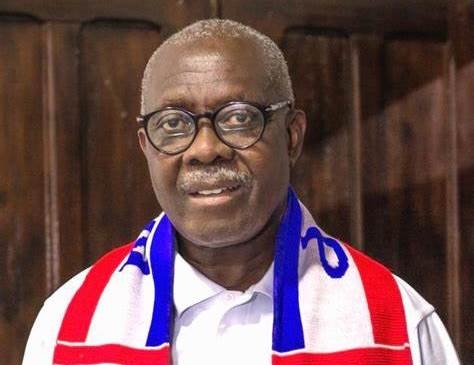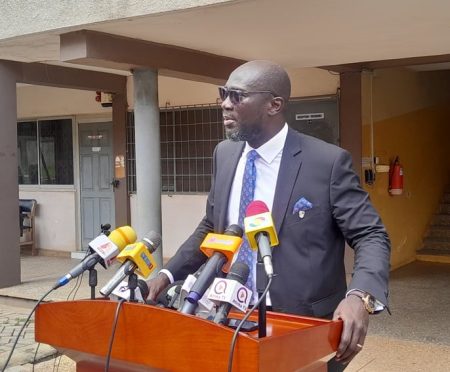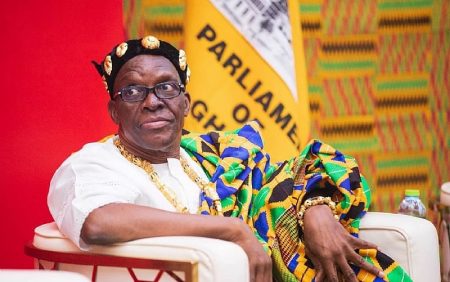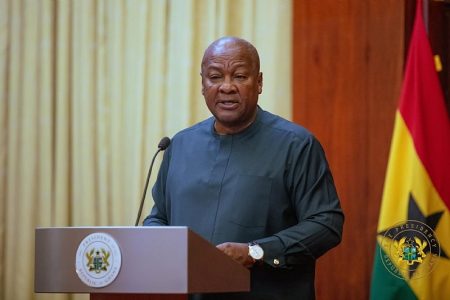The New Patriotic Party (NPP) faces a critical juncture, potentially shrinking to a mere 40 parliamentary seats if it fails to implement substantial internal reforms, according to former Ejisu-Juaben Member of Parliament, Hon. Akwasi Osei Agyei. Agyei, speaking on OTEC 102.9 FM’s “Dwabrem” show, pointedly criticized the party’s adherence to outdated strategies, which he believes directly contributed to their electoral defeat in 2024. He warned that a failure to adapt and reform could lead to even more disastrous results in future elections. His core argument centers on the urgent need for a comprehensive overhaul of the party’s internal mechanisms, particularly focusing on fostering unity and enhancing the leadership selection process.
Agyei’s assessment highlights the severity of the challenges facing the NPP. The potential reduction to 40 seats represents a drastic decline from their current parliamentary presence and signifies a loss of public trust and support. He argues that clinging to outdated strategies, likely referencing campaign tactics, communication methods, and perhaps even ideological stances, has rendered the party out of touch with the evolving political landscape and the needs of the electorate. This disconnect, he contends, led directly to their 2024 electoral defeat. The former MP’s emphasis on unity underscores the potential for internal divisions and factionalism within the NPP to further hinder their chances of recovery.
The call for reform in the leadership selection process suggests that Agyei believes the current system is flawed and potentially contributes to the selection of leaders who are either ineffective or lack the necessary skills and vision to lead the party to victory. He implies that a more transparent, meritocratic, and inclusive process is crucial for attracting and retaining competent leaders who can effectively represent the party’s interests and resonate with the electorate. By rebuilding trust and regaining national support, Agyei envisions a revitalized NPP capable of reclaiming its position as a dominant political force.
A key aspect of Agyei’s message is the call for party members to prioritize the collective good over individual ambitions. He suggests that internal power struggles and personal agendas are detrimental to the party’s overall health and success. He urges members to set aside these differences and work collaboratively towards rebuilding and repositioning the NPP for future electoral victories. This emphasis on unity and collective effort reveals a concern that internal divisions could further weaken the party and prevent it from effectively addressing the challenges it faces.
Despite his stark warning, Agyei maintains a degree of optimism about the NPP’s potential for resurgence. He believes that the party possesses the inherent capacity to return to power, provided it undertakes genuine and meaningful reforms. This optimism is, however, conditional on the quality and sincerity of the reform process. He implies that superficial changes or reforms driven by self-interest will be insufficient to address the underlying issues plaguing the party. Agyei’s message is clear: the NPP’s future success hinges on its willingness to embrace transformative change and prioritize the collective good.
In essence, Agyei’s interview serves as a wake-up call to the NPP. He paints a bleak picture of the party’s future if it continues on its current trajectory, emphasizing the urgency of internal reform. He specifically highlights the need for unity, a more effective leadership selection process, and a shift away from outdated strategies. While acknowledging the significant challenges ahead, he also expresses optimism about the party’s ability to recover, provided it commits to genuine and substantive reforms. His message is a plea for the party to prioritize its long-term viability and relevance over short-term gains and individual ambitions. Agyei’s call for introspection and reform underscores the importance of adapting to the changing political landscape and regaining the trust of the electorate for any political party seeking to remain competitive and relevant.













